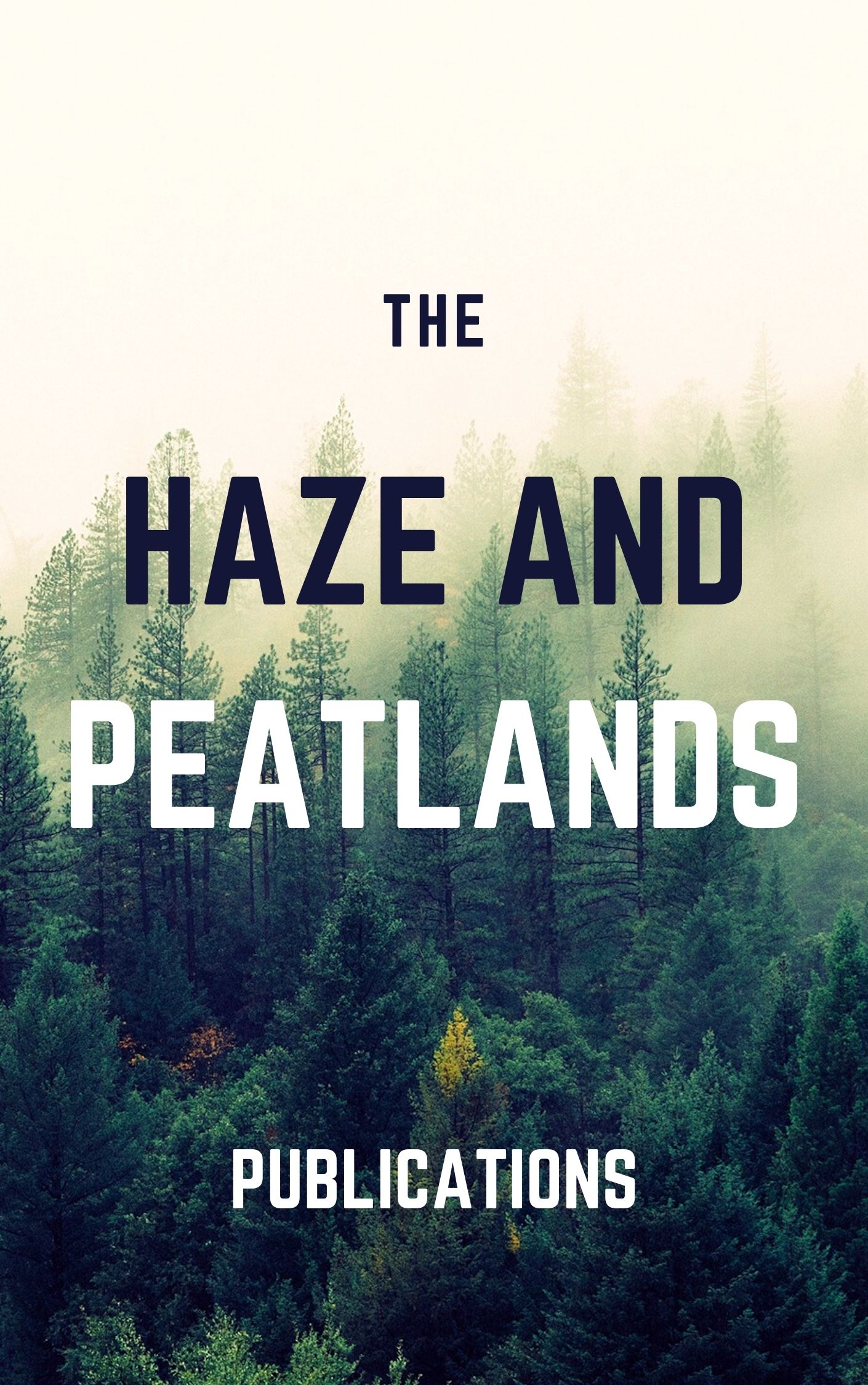Indonesian peatlands and their large carbon stores are under threat from recurrent large-scale fires driven by anthropogenic ecosystem degradation. Although the key drivers of peatland fires are known, a holistic methodology for assessing the potential of fire mitigation strategies is lacking. Here, we use machine learning (convolutional neural network) to develop a model capable of recreating historic fire observations based on pre-fire season parameters. Using this model, we test multiple land management and peatland restoration scenarios and quantify the associated potential for fire reduction. We estimate that converting heavily degraded swamp shrubland areas to swamp forest or plantations can reduce fires occurrence by approximately 40% or 55%, respectively. Blocking all but major canals to restore these degraded areas to swamp forest may reduce fire occurrence by 70%. Our findings suggest that effective land management strategies can influence fire regimes and substantially reduce carbon emissions associated with peatland fires, in addition to enabling sustainable management of these important ecosystems.
View source

